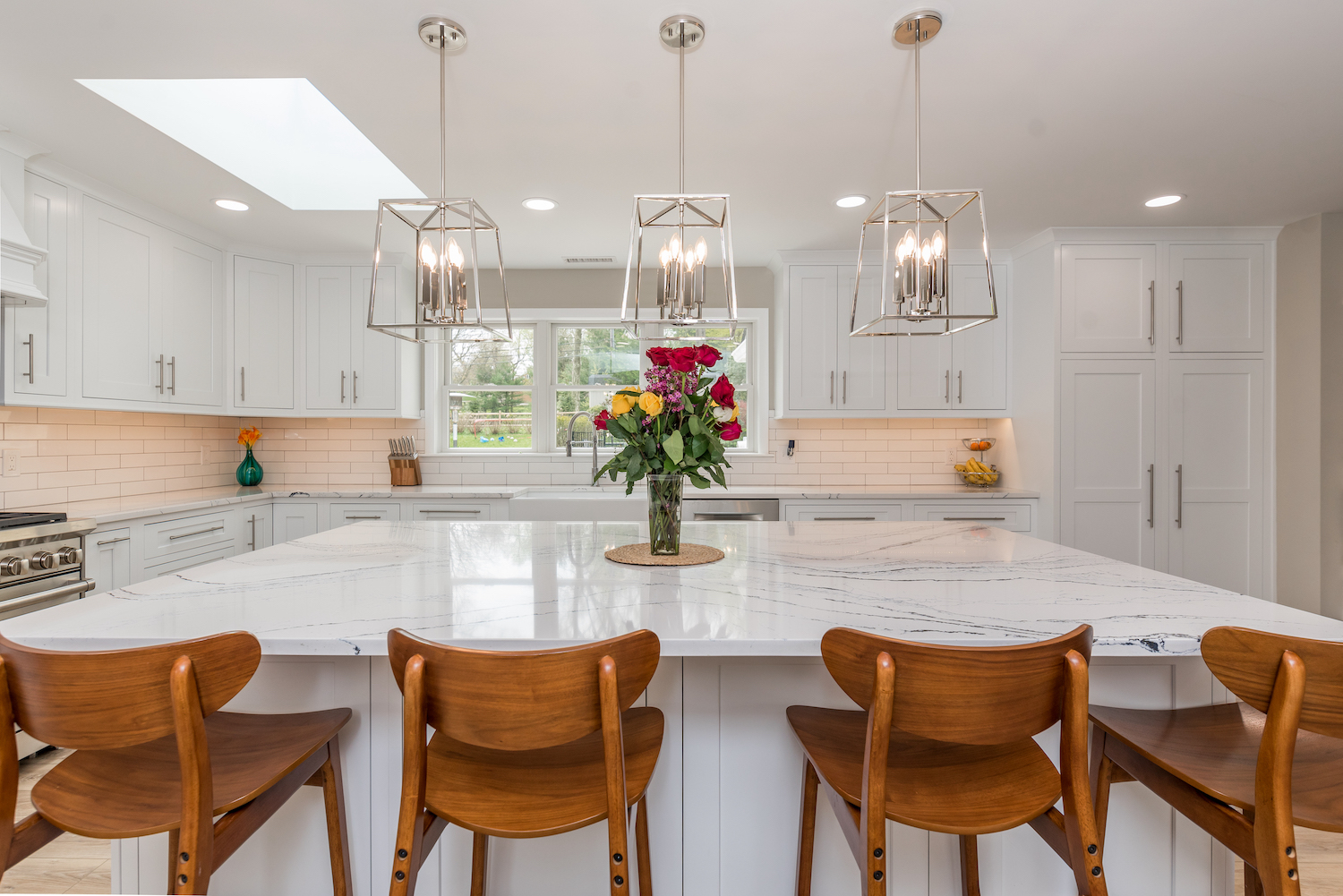The funding of your home renovation or remodel can be a stressful project, but it doesn't have to be. There's a lot to consider between forming an idea, cutting a check and then living in your new space. We want to ease your mind a bit by sharing four tips to stay on budget.

Setting a Home Construction Budget
Home construction projects aren't cheap -- they're an investment. Maybe you'd like to remodel an area of your home, or maybe you need a completely new addition. If you have a realistic approach to setting your budget in the beginning, you won't be caught off guard as the remodel or renovation goes on.
1) Develop a Game Plan
Prioritize what you want to get out of your home remodel, and don't leave anything off the list. Staying on budget means not adding on three more areas to be renovated after you've already started the project. First, make a list of any regular maintenance your home needs. Then consider long-term plans. Additional bedrooms, a great room, a dining room large enough to fit your family, a garage extension that accommodates a play room - these are all updates that can improve your daily life and enjoyment in your home. Then be sure to list features you wish you had in your home, like a walk-in shower, large pantry, or french doors. The small stuff is as equally important as the big stuff, regardless of the project's size.
The first planning step really matters! In order to be prepared, you should know all of the items on your wish list, and then work with the contractor to get a range for those types of projects, and then come to terms with which projects are possible for you. Once you set the game plan, stick to the plan!
2) Get Multiple Estimates
Get two to three estimates from different contractors. And don’t just focus on the total price. You should closely examine the details of each one. Are any corners being cut to give you a low price? Are quality products being used? Who is the team on your project -- employees, subcontractors, day labor? A contractor with a detailed plan and list of line items is an indication that the contractor knows what they are doing. Also, it typically leads to an accurate estimate that the contractor will stand by throughout the project (unless changes can occur - see tip #4).
3) Know Your Limits
This applies to both financial limitations (be real about what you can afford) and your own constructon DIY skills (be real about what you can handle). If you feel there's a portion of the overall project you can do yourself, go for it! Doing it yourself can save you money, but if the project is too far outside of your skill set, you’re at risk of spending more money than what it would have cost to hire someone in the first place. Don’t be too proud to get an expert’s opinion or help with the project. For a larger remodel, renovation or addition, using a professional is really ideal to handle the daily issues like permits, inspections, managing the crew, and using high quality building practices.
4) Leave Some Wiggle Room
Unexpected issues can arise, and your mind can change. Build some padding into your budget when making your plans. We suggest setting aside 20% of your budget to cover any surprises that pop up during the construction. And a reputable contractor will also allow for some unknown in their estimate.
So, where's the funding coming from? The last piece of the puzzle is figuring out how you'll pay for the work. If you have the cash, great! If you need a loan, you have some options to choose from.
Do you have any questions about setting a budget, or home construction in general?
Let us know! We've been working on homes in Bucks and Montgomery Counties for more than 30 years. We are happy to help.





